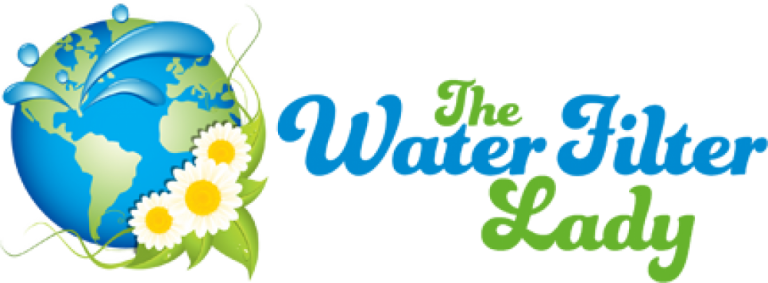Plastic – A Cancer In Our Environment- Florida Keys Wildlife Rescue
Silently spreading, leaching toxins, maiming and killing, plastics, the darling of modern society because of their versatility and heretofore low cost, are beginning to show their true colors. Derived from chemically-altered petroleum and often combined with toxic additives, plastics are no longer inexpensive to produce, due to increasing oil prices, nor are they inert products; they release toxins into the environment. People are exposed to chemicals from plastic through the air, dust, water, food, and use of consumer products. Plastic food containers leach toxins into food; plastics in the oceans leach toxins into the water; plastics buried in landfills can leach toxins into groundwater. Plastics do not easily biodegrade and remain in the environment for many years, but even when they do break down, they leave a contaminating chemical stew.
According to a study in the journal Environmental Research (Charles Moore), about 44 percent of all seabirds eat plastic fragments; 267 marine species (sea turtles, seabirds, marine mammals, and fish) are affected by plastic garbage. From Planet Ark, about 100,000 whales, seals, turtles, and other marine animals are killed by plastic bags each year worldwide. These numbers do not include the land-based victims; even cows have been known to eat plastic bags. Dead and surviving fish and animals, now laced with chemicals from eating plastic, transfer those chemicals to the food chain when other animals (including humans) eat them or their products.
The real environmental impact of plastics is just beginning to be understood, yet improperly-discarded plastics have been seen in our environment for years. More than one-third of improperly-discarded trash now consists of disposable plastic bags and bottles, littering the environment where wildlife have access to it. While maiming and killing has been attributed to various pieces of plastic such as six-pack holders and other plastic fragments, in the Florida Keys plastic bags alone account for most wildlife deaths by entrapping victims so that they can no longer hunt for food and starve, strangling victims who fight to get free and get further entangled, or suffocating victims when they put their heads inside bags in search of food. These needless, senseless deaths so easily could be prevented by proper disposal of plastic bags, yet that is not happening.
Because plastic bags have become a huge environmental and worldwide problem, many countries are either banning them completely, taxing them heavily, or charging for plastic bags, including Uganda, Ireland, China, Bangladesh, Parts of the UK, Taiwan, Kenya, South Africa, Italy, India, Australia, Zanzibar, Scandinavia, Japan, Germany, New Zealand, and Paris (Whole of France by the end of 2010). In the U.S., far behind other parts of the world in addressing concerns about plastic bags, only San Francisco has banned nonbiodegradable bags. However, people throughout the U.S., tired of seeing plastic bags in streets, on lawns, in woods, in ponds, everywhere they look, are getting together to ban their use, and their actions have pushed many county governments to act sooner rather than later. see what it does to our wildlife (click here).
Be part of the solution. Sign our pledge to cut plastics today.





I really hate this plastic and I’ve always felt squeamish about drinking from plastic – I use glass. Now I see my senses were’t failing me.
I really hate this plastic and I’ve always felt squeamish about drinking from plastic – I use glass. Now I see my senses were’t failing me.
I really do hate this plastic and I’ve always felt squeamish about drinking from plastic – I use glass. Now I see my senses were’t failing me, it’s poison.
I really do hate this plastic and I’ve always felt squeamish about drinking from plastic – I use glass. Now I see my senses were’t failing me, it’s poison.